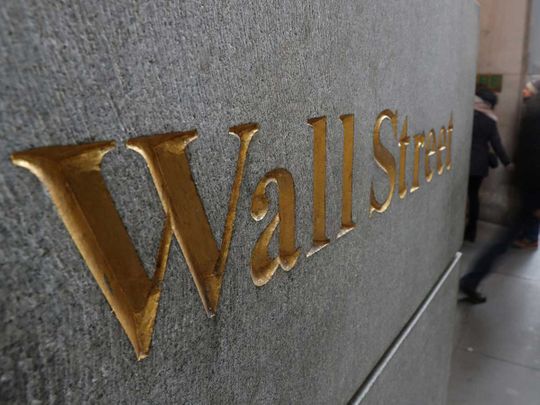
New York: Wall Street stocks endured an ugly afternoon Wednesday, falling sharply after Federal Reserve minutes indicated officials were ready to hike rates sooner than expected to fight a spike in inflation.
Despite data showing strong US private hiring in December, sentiment turned sharply sour after the Fed released the minutes from its December policy meeting that showed central bankers saying “it may become warranted to increase the federal funds rate sooner or at a faster pace than participants had earlier anticipated.”
Markets have risen during the COVID-19 pandemic after the Fed cut interest rates to zero, and the tech sector especially prospered from the easy money policies.
While the forecasts from Fed officials last month indicated they expect as many as three rate hikes in 2022, the minutes showed they were ready to act more aggressively to fight inflation, which could potentially tighten conditions for businesses.
All three major US indices fell sharply, led by the tech-rich Nasdaq, which tumbled 3.3 per cent.
Elsewhere, European indices generally climbed while oil rose strongly after gaining Tuesday, when OPEC and its allies agreed as expected to raise output by 400,000 barrels per-day in February.
Asian markets were under pressure. Chinese technology firms, which have been hit by a crackdown from Beijing, were a big drag on Hong Kong as it sank more than one per cent.
Concerns about a new Covid outbreak in the city that has led to the reimposition of containment measures added to the glum mood.
Shanghai stocks also slid but Tokyo clung onto positive territory.
In company news, China Mobile briefly soared around 10 per cent on its debut in Shanghai after the telecoms giant was delisted in New York after a standoff between Beijing and Washington. It ended only slightly higher, however.
The share offer is expected to raise $8.8 billion after the company exercises an over-allotment option, according to Bloomberg News, making it the largest on China’s domestic stock markets for more than a decade.












